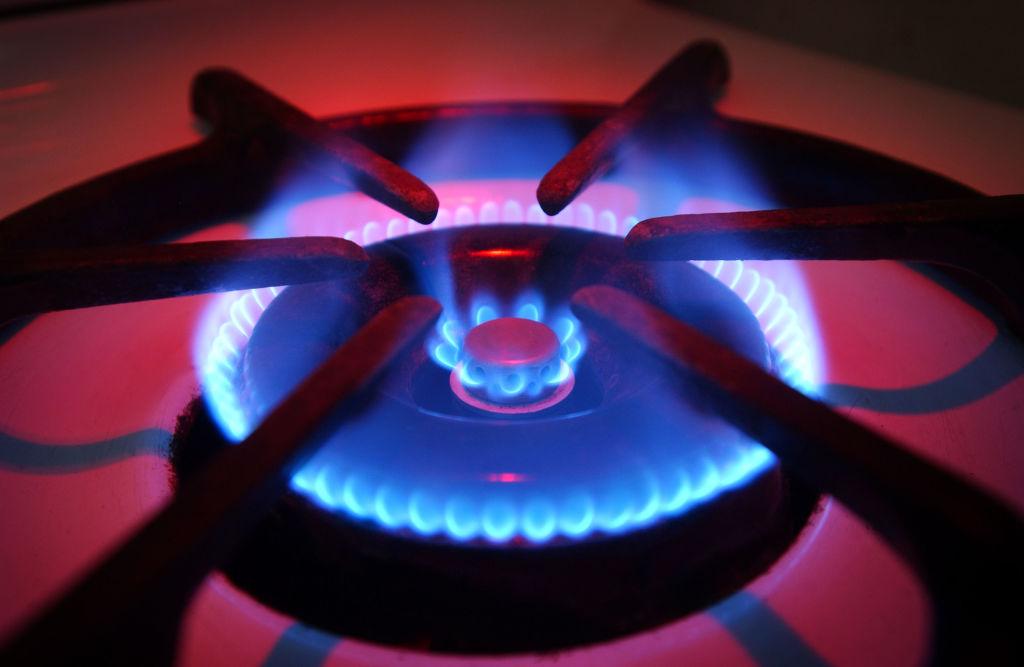The District of Columbia Council is considering a proposal that would help residents toward ridding the nation’s capital of all fossil fuel-burning appliances and systems, including gas stoves.
The Healthy Homes Residential Electrification Amendment Act of 2023, which was introduced by Ward 6 Council Member Charles Allen earlier this year, includes amended laws for energy and construction in the district and, in its current iteration, aims to retrofit all of the district’s gas stoves and systems with electric appliances by 2045.





